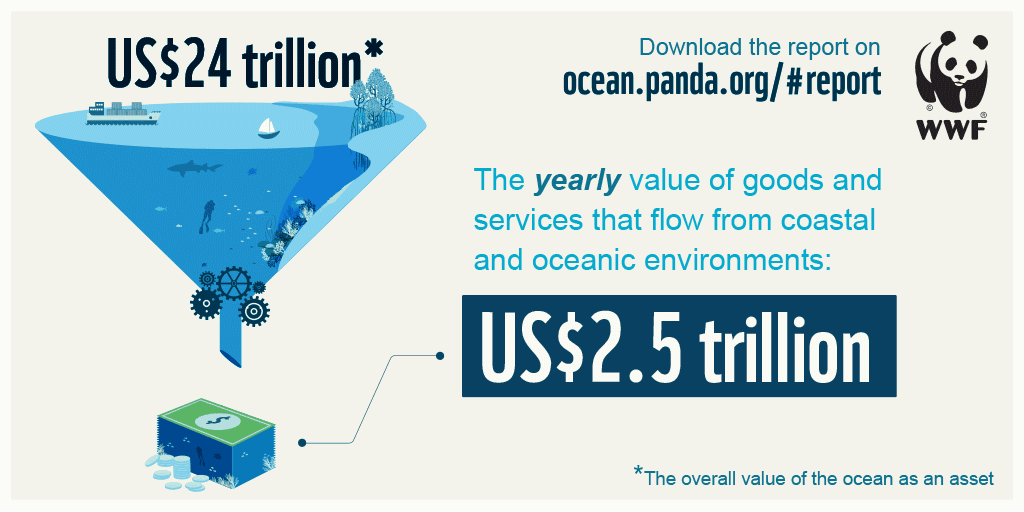Here’s the kind of thing you see when you hang out on LinkedIn for a while:
RECAP FOR THOSE I LALA LAND THE MARKET HAS BEEN ON FIRE BECAUSE OF TRUMP UP 2500 POINTS IN 6 MONTHS MOST IN THE FIRST 60DAYS NOW OMG DOWN 200 BECAUSE OF THE SPIN OF WORDS BY THE MEDIA…THE TRUE AMERICAN ENEMY IS BLM OBAMA CLINTONS AND THIS F… UP MEDIA GIVE TRUMP A BREAK AND SUPPORT HIM STOP WASTING HIS TIME DEALING WITH THE STUPIDEST PEOPLE ON THE PLANET AND THERE BS STOP THE HATE NOW WE ARE ONE AMERICAN — Mike Pienciak
And here is my response to that:
Did you see the stock price for NAT shares though, since Trump got in? NAT shares are down. Way down. And when I say NAT, I don’t mean “Nordic American Tanker Ltd” on the NYSE. I mean NAT, on the global stock exchange, the GSE.
ENV shares are down too! Once again, I don’t mean “Envestnet Inc”. I mean ENV, on the global stock exchange, the GSE.
And isn’t it telling of business today that NYSE:ENV and NYSE:NAT do not represent nature or the environment? Quite the opposite. In actual fact they represent gas pipelines and supermax oil tankers, respectively.
Every time the Nasdaq, the S&P, the Dow jones go up, GSE:NAT and GSE:ENV invariably go down1. Way down. I think it’s because we don’t know any other way.
Maybe the only reason the stock market “is on fire” is because Mr. Trumpet wants to abolish the EPA? Maybe it’s very telling of business today. That while stock markets are, as you say, “on fire”, the Earth is figuratively burning up also.
The trouble is this: when GSE:NAT and GSE:ENV go down, all other stocks will soon follow. This should be like a law already.
It’s not all about the stock market. Do you know WHY there is not stock market on planet Mars or planet Venus? Because there is no breathable atmosphere. So maybe “business at all cost” types should consider that before their next next trade? You know, invest in something other than money?
If you could measure the worth, the market capital of GSE:NAT and GSE:ENV, it would put the rest of the worlds’ stock exchanges to shame. If we had to pay for these services, humanity would be bankrupt. Bankrupt I tell you! Bankrupt!
Traditional economic stock markets are all but a meaningless evaluation. All of them incorrectly report the true value of the Earth’s assets. If our environment cannot even be maintained, then one must ask the next logical question: just how ‘sustainable’ are “sustainable business models”?
By the way, I’m not here to make friends. I’m not here to get more connections. Or leads. Or clients. I’m here to make people think. Clients will always be there, biodiversity won’t. 2c
Oh and it is ‘their’. The word you are looking for is their, not there.



